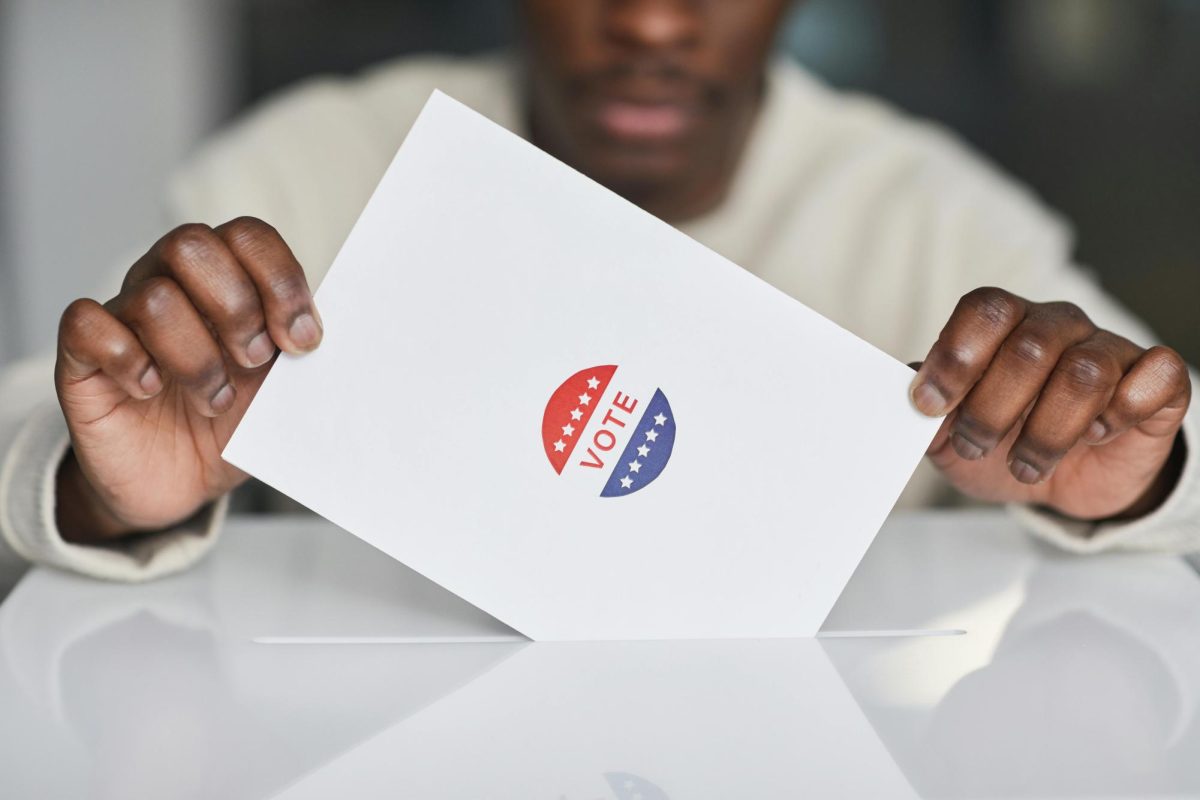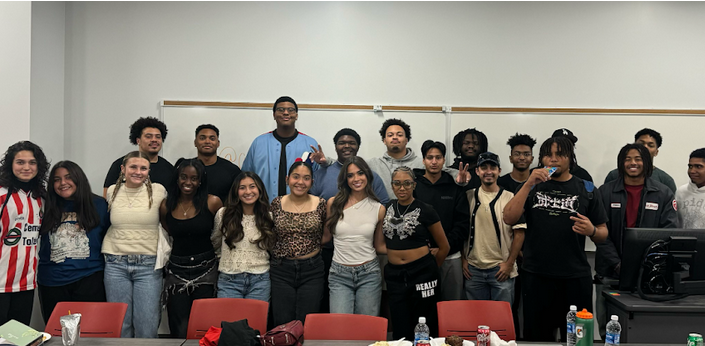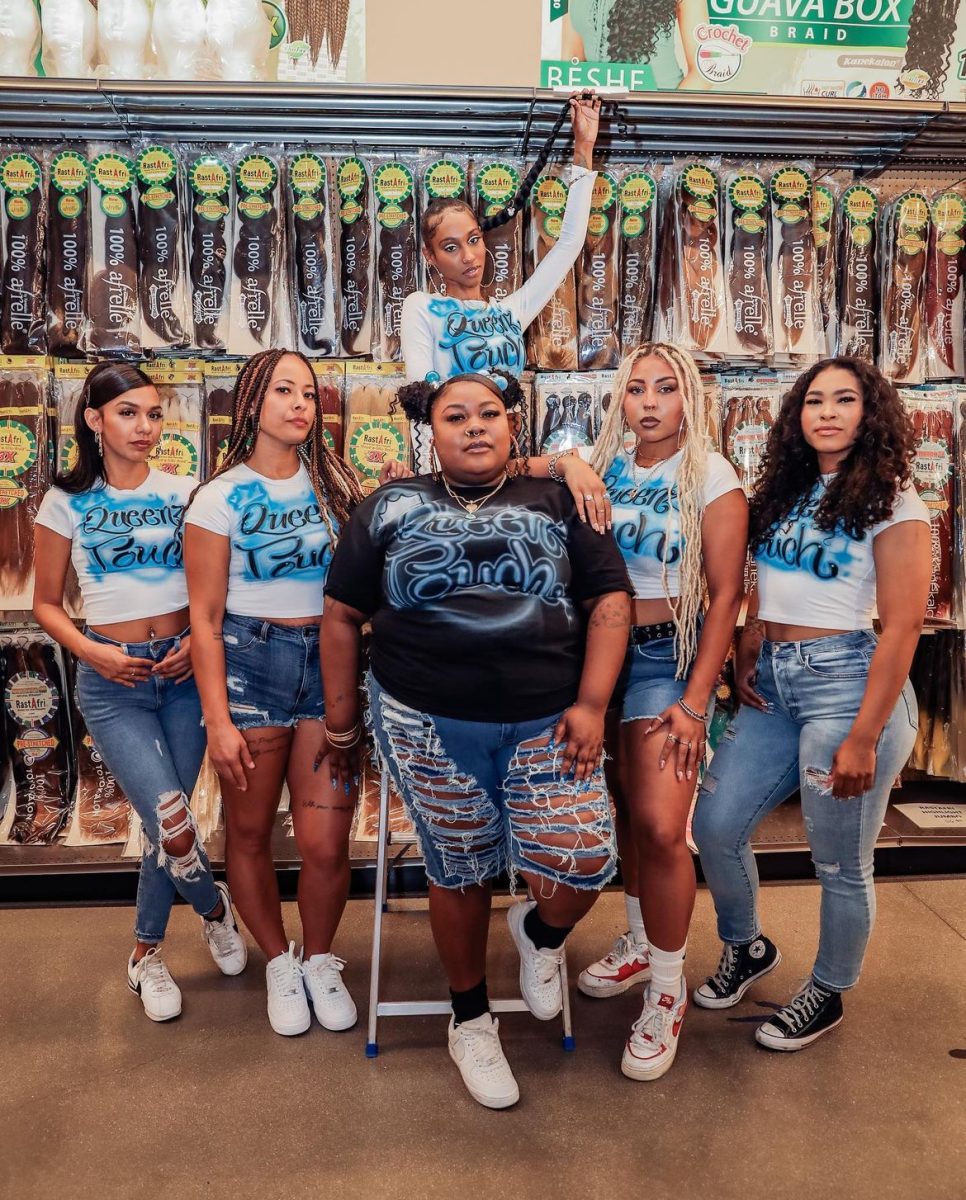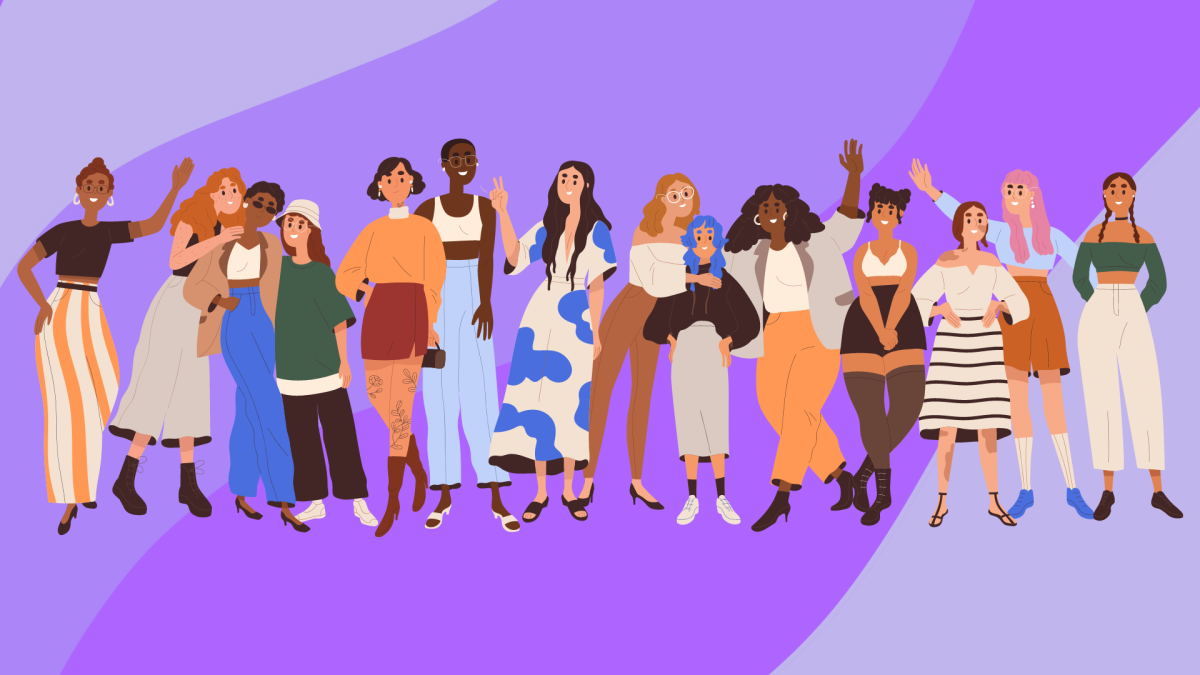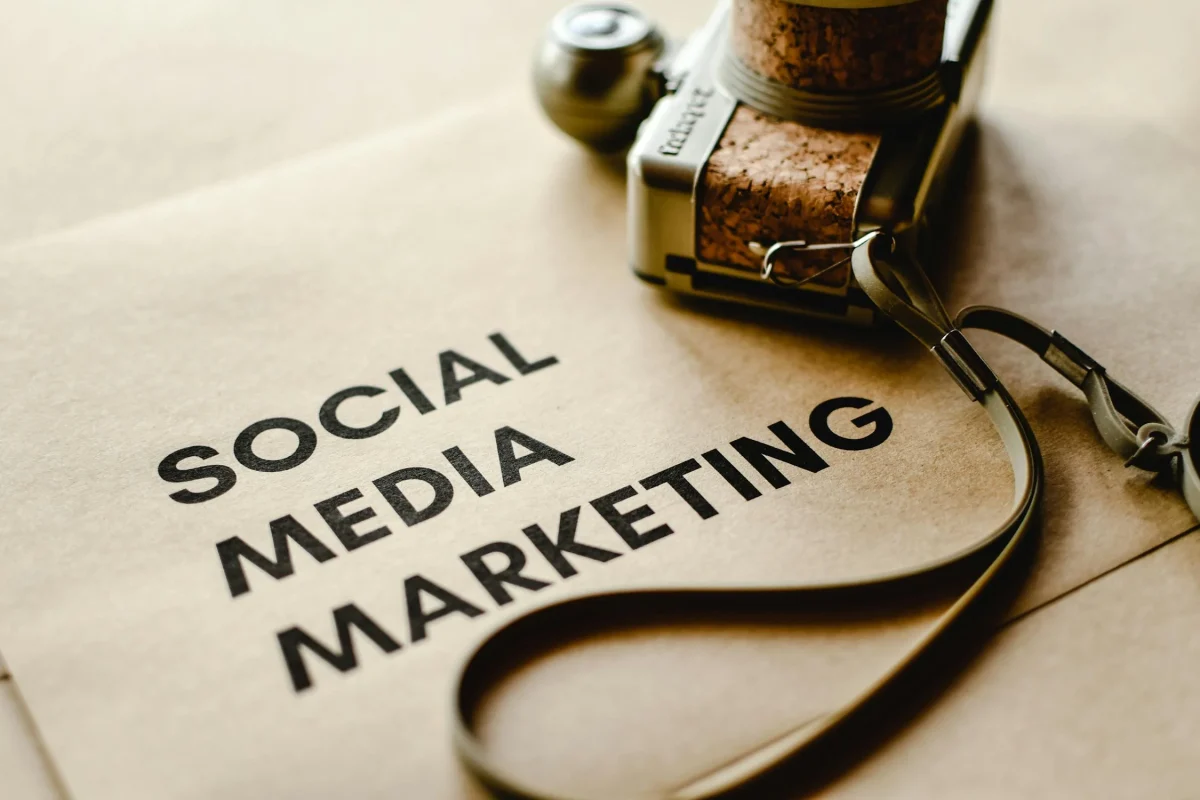In 2022, a single TikTok video about a skincare product caused it to sell out nationwide in just 24 hours. This is one of many examples of how influencers can instantly shape consumer trends. Social media is now a major part of daily life, especially for younger generations who spend much of their time on platforms like TikTok, Instagram, and Facebook. Recognizing this, brands are investing more in influencer marketing to connect with consumers in a personal and engaging way. While this strategy has changed advertising by building trust and direct engagement, it raises ethical concerns, such as misleading ads, unrealistic consumer expectations, and deceptive sales tactics. As influencer marketing grows, its long-term impact will depend on whether businesses and regulators can balance its benefits while protecting consumers from harmful practices.
The Rise of Viral Trends and Real-Time Influence

In today’s digital age, social media influencers have a big impact on how people shop, especially through trending products. Platforms like TikTok can make items go viral overnight, from beauty products to tech gadgets. The phrase “TikTok Made Me Buy It” shows how quickly social media influences purchases. Livestream shopping has made this trend even stronger, letting influencers promote products in real-time. Companies like TikTok, YouTube, and NBCUniversal are investing in this strategy, combining entertainment with one-click shopping to fuel sales through livestream commerce.
Businesses now depend on influencer marketing more than ever, especially when traditional ads are less effective during economic uncertainty. Studies show that consumers trust influencers, making them more likely to buy products promoted on social media rather than traditional ads like radio commercials, as explained in this Council Post on increasing sales by Michael Kuzminov. Influencer marketing is cheaper than non-digital advertising, helping companies reach more people while spending less. Research shows that influencers greatly impact what people buy, as social media trends often shape their shopping choices, according to a study in TEM Journal by Dwinggo Samala, Agariadne, and Soha Rawas. Because of this, businesses see influencer marketing as an affordable and effective way to connect with consumers, boost sales, and build engagement.
Authenticity and Effectiveness in Modern Marketing
Influencer marketing is now one of the most powerful ways for brands to reach consumers. Unlike traditional ads, which use direct advertisements, influencer marketing relies on trust and reliability to boost sales. Studies show that influencers persuade people more than regular advertisements, making their recommendations more compelling. Influencers build personal connections with their followers, making their sponsorships feel more authentic.
Because of its success, influencer marketing has become a major part of advertising. Social media budgets have tripled, with industries like beauty and cosmetics spending up to 75% of their marketing funds on influencers. A survey also revealed that consumers exposed to influencer promotions on Instagram purchased more than those who saw traditional ads, often without comparison shopping. Additionally, seeing a trusted influencer give a positive review on a brand or product makes consumers more confident in their purchases. As a result, influencer marketing has become an essential and highly effective strategy for brands looking to connect with consumers in a more authentic and engaging way.
The Downside of Influence
Although influencer marketing is great for brand engagement, it has some big downsides, especially regarding honesty and transparency. A major issue is misleading advertising. Some influencers don’t clearly state when they’re being paid to promote a product, making it seem like a genuine recommendation when, in reality, they’re being paid to endorse it. The Federal Trade Commission (FTC) has established guidelines requiring influencers to label sponsored content, but the enforcement of this remains inconsistent. When influencers aren’t honest, it can break trust and lead people to make bad buying decisions.
Another problem is the pressure to look perfect online, which has created unrealistic beauty standards, especially for young people. Platforms like TikTok and Instagram have made complicated skincare routines trendy, often promoting products that aren’t even right for young skin. This raises concerns about how marketing influences teen self-esteem and spending habits. Many young consumers are now purchasing expensive beauty products they do not need because influencers normalize it and promote it like they “need” to have high-cost skincare routines. Dermatologists report more teens developing skin issues from using the products, while mental health experts warn that these trends continue to cause anxiety and body image issues. Without stricter regulations and ethical marketing practices, influencer marketing may prioritize profits over consumer well-being.
Misleading Health Trends

Beyond beauty products, influencer marketing has also shaped health and wellness trends, but many influencers share unproven advice that can mislead people and drive unhealthy habits. For example, trendy diet videos like “What I Eat in a Day” create unrealistic expectations for weight loss and nutrition. Research shows that many online health influencers lack proper qualifications and frequently share inaccurate or harmful advice, making it harder for people to tell the difference between accurate and false information.
According to a report on unlicensed mental health influencers by Gillis Kaytee, many influencers give advice on mental health, substance use, and medical treatments without the right training or expertise. This can lead to misinformation, causing some people to avoid getting professional help. Similarly, a study on conspiratorial wellness influencers by Rachel Moran, Swan, and Agajanian found that many wellness influencers spread false or exaggerated health claims on social media, often to make money. Another study, a scoping review on influencers and adolescent health by Elena Engel et al., found that teenagers are especially at risk, as they are more likely to be influenced by unrealistic beauty standards, unhealthy dieting trends, and unproven health treatments promoted by influencers.
Promoting unregulated health products can be dangerous for consumers. Without proper monitoring, influencers might recommend unsafe or ineffective products, putting their followers at risk. This shows why we need stricter rules and more trustworthy health information on social media to keep people safe and informed.
The Political Power of Social Media Influencers

The influence of social media goes beyond just products—it also shapes political and social conversations. Many influencers use their platforms to discuss social justice, climate change, and mental health issues. However, it can be hard to tell if they genuinely care or are just trying to improve their image. Some brands work with influencers who support certain causes to appeal to socially aware consumers, making it even harder to separate real activism from marketing.
Research by Christina Peter and Luisa Muth on influencers’ role in shaping political opinions shows that influencers now play a big role in shaping political opinions, especially for young people. Their study found that while mainstream media is still the main source of political news, many young people turn to influencers to help them understand current events. This raises concerns about whether influencers are qualified to discuss complex issues or if they are just using activism to gain attention. Because of this, consumers should think carefully about whether an influencer’s activism is truly meaningful or just another way to promote themselves.
Another concern is that social media influencers now do more than sell products—they also influence public opinion. Research shows that 72% of young adults get their news from influencers. This makes it important for influencers to share accurate and ethical content since false information can spread easily online.
Authenticity is also key in influencer marketing. While people tend to trust genuine influencers, some prioritize brand deals over honesty, making audiences skeptical. Studies suggest that long-term partnerships between influencers and brands help build trust, as they show real support for a product rather than just a one-time promotion. Brands should work with influencers who share their values and stay honest with their audience. Social media platforms and agencies like the Federal Trade Commission (FTC) must enforce stricter rules to keep digital advertising clear and truthful. Consumers should also be aware of potential biases in influencer content. Businesses and influencers can create a more trustworthy marketplace that benefits everyone by promoting honesty, responsibility, and transparency.
Unfairness Behind the Industry
Furthermore, influencers’ financial success is highly uneven. According to an article on the influencer economy by Yallop, only the top influencers earn massive incomes, while many others struggle to make a stable living. The article mentions examples like Kylie Jenner, who reportedly earns $1.2 million per Instagram post, and Ryan Kaji, a child influencer who made nearly $30 million in 2020 from ads and $200 million from merchandise sales.
This income gap shows that while influencer mark
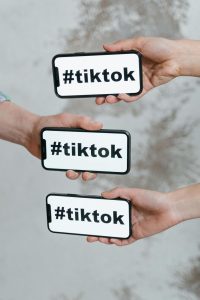
eting can be extremely profitable for a small group, most aspiring influencers face uncertainty and tough competition. Many put in time and effort but never reach financial success, making the industry a risky and unpredictable career path.
Conclusion: The Path Toward a More Ethical Future
All in all, social media has changed the behavior of consumers, making influencer marketing powerful but sometimes a controversial tool for brands. It has made advertising feel more personal and relatable and raises concerns about misleading ads, market manipulation, and misinformation. The way social media trends influence spending, especially among younger consumers, demonstrates the need for more honesty and responsible marketing.
Moving forward, businesses, influencers, and regulators need to work together to ensure that digital marketing is effective and ethical. By prioritizing transparency, accountability, and honest advertising, the industry can balance innovation and consumer protection, creating a more trustworthy online marketplace.



